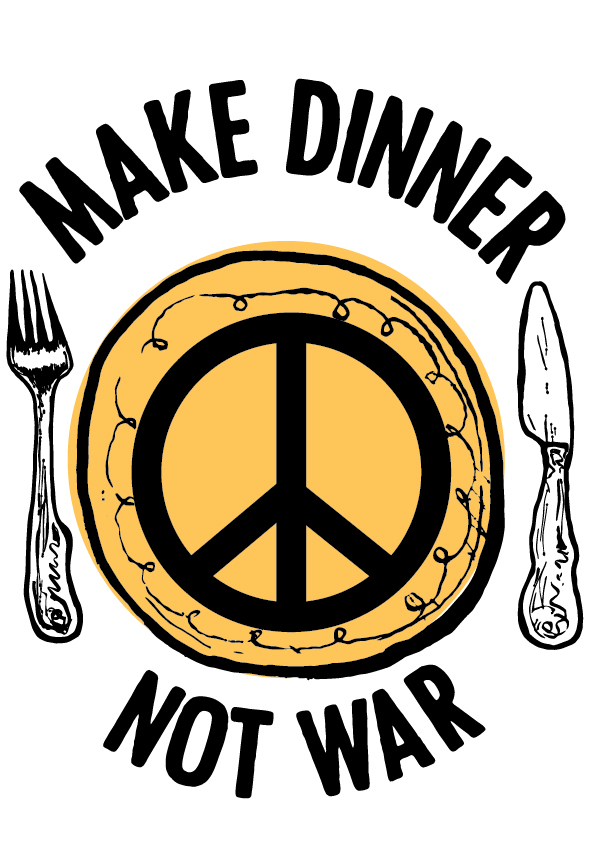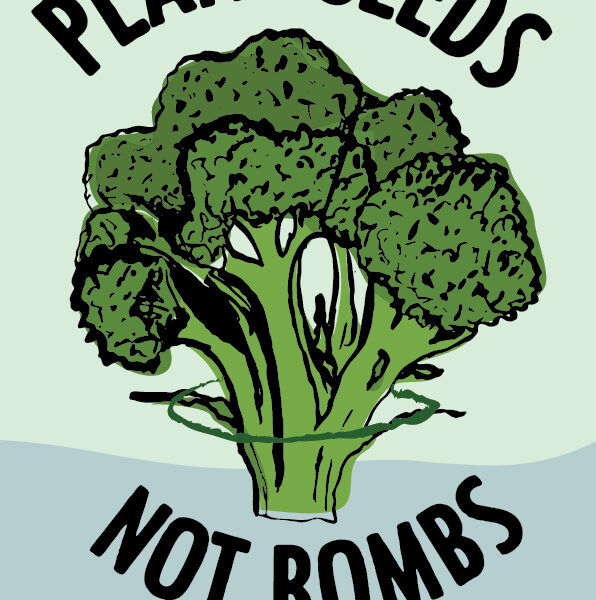Remembering Hiroshima, 80 Years On
Our story began in 1971 with a small group of people who believed there was a better way to shop, eat, live, and work with one another. While we can’t undo the past, we can choose the future we want to create — patiently, collectively, and around the clock. For us, that means kneading bread instead of feeding fear, planting seeds instead of planting bombs, and making dinner, not war.

Eighty years ago, on August 6th and 9th, 1945, the Japanese cities of Hiroshima and Nagasaki were devastated by nuclear bombs. In moments, hundreds of thousands of lives were lost. Those who survived the blasts often faced days — or years — of suffering from radioactive fallout.
The bombs dropped on Hiroshima and Nagasaki were horrifying enough.
Yet today’s nuclear weapons are many times more destructive. Even a so‑called ‘limited’ nuclear war involving just 100 Hiroshima‑sized bombs could cause five million tonnes of soot to rise into the atmosphere, lowering global temperatures by an average of 1.3°C. The result? A nuclear winter: Widespread climate disruption, crop failures, and the risk of starvation for an estimated one billion people.
It’s not just human life at stake.
The environmental damage from nuclear war would be catastrophic and long‑lasting, affecting every corner of the planet. Nuclear weapons and climate change are deeply connected: the vast sums of money spent maintaining nuclear arsenals could instead be invested in renewable energy, sustainable farming, and restoring our natural world. Meanwhile, climate change itself can fuel conflict — competition over land, clean water, and food — increasing the risk of war.
The solutions to these twin threats are also linked: global nuclear disarmament and urgent climate action. Both require co-operation, vision, and the belief that chippy away at change is the only way.
Eighty years ago, the world witnessed an event so devastating it reshaped history. On the 6th of August 1945, a nuclear bomb was dropped on the Japanese city of Hiroshima. Three days later, Nagasaki suffered the same fate. In minutes, entire communities were destroyed, and hundreds of thousands of lives were lost or forever changed.
Hiroshima Day is not just a date in the history books — it’s a reminder of the cost of conflict, the fragility of peace, and the responsibility we all share to protect it. Peace is built from the ground up — in gardens, kitchens, and conversations. It grows when we choose fairness over greed, sustainability over exploitation, and community over division. It is important to remember that great progress has been made. The number of nuclear weapons has been reduced. The peak number of nuclear weapons in the world was around 70,300 in 1986. Now reduced to 12,121 as estimated in 2024.
When we share a meal, we do more than feed our bodies
It’s easy to feel powerless in the face of global issues like nuclear disarmament. But all change starts small. Every time you choose to buy local, organic, and co-operative, you’re supporting a system that values people and planet over profit. Every time you share a meal, you’re investing in peace.
Planting a seed is an act of peace. It’s a vote for life, diversity, and the slow, patient work of nurturing something for the future. In a world where headlines can be full of fear and division, Seedy Sunday reminds us that change can grow quietly, season by season, in our gardens and window boxes.
Seedy Sunday — the UK’s largest and longest‑running seed‑swapping event, proudly sponsored by Infinity Foods. Every year in Brighton, gardeners, growers, and curious newcomers gather to share seeds, swap stories, and pass on knowledge. It’s more than just an exchange of seeds — it’s an exchange of hope. By keeping traditional varieties alive and encouraging local food growing, we strengthen our communities and make our food systems more resilient.
On this Hiroshima Day, we remember the lives lost, honour the survivors, and recommit to building a more peaceful, more sustainable world.
For peace — forever. For infinity.



